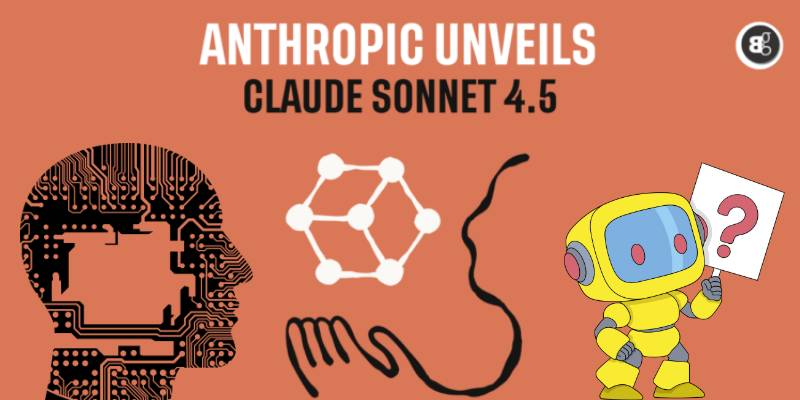Anthropic’s new Claude Sonnet 4.5 is making waves after its debut this week, promising to redefine what autonomous coding looks like.
The model, introduced as the “world’s best AI coding system,” can reportedly run autonomously for up to 30 hours — a feat that moves it closer to full-scale digital autonomy.
According to Business Insider’s report, this release cements Anthropic’s push to dominate the developer AI space, a frontier once thought untouchable by machine logic.
What’s fascinating is how Claude Sonnet 4.5 doesn’t just write code—it thinks in code. By outperforming benchmarks like SWE-Bench Verified, it’s proving that generative AI can do more than autocomplete—it can reason through debugging, cybersecurity, and even application architecture.
Reuters recently noted that the surge in AI-assisted development is forcing companies to rethink what “engineering teams” even mean in 2025.
But here’s where things get interesting. Claude’s coding toolkit isn’t only about speed or syntax; it’s about consistency and reliability.
Anthropic claims its new system boosts software integrity and fault tolerance, something that has long separated human engineers from their digital counterparts.
Meanwhile, The Verge covered how the company is embedding Claude deeper into enterprise environments through SDKs, effectively creating AI “coworkers” capable of running in the background, collaborating across systems, and rolling back errors without supervision.
Of course, the bigger question isn’t can this technology perform—it’s whether it should. The ethical and professional implications are massive.
When developers begin relying on AI systems for core logic or security checks, who’s accountable when something fails?
MIT Technology Review explored this concern in its recent feature on “agentic AI,” warning that self-governing digital systems risk introducing a new class of unseen software vulnerabilities.
Still, it’s hard to ignore the sheer ambition behind Anthropic’s direction. The startup’s revenue—already exceeding $500 million in run rate—reflects the hunger for automation.
If this trend continues, we might soon see coding as a collaborative effort between human reasoning and machine precision.
The developers of tomorrow could become more like orchestra conductors, guiding vast fleets of intelligent agents rather than typing every line themselves.
The rise of tools like Claude Sonnet 4.5 marks a turning point in the role of generative AI in professional software development.
It’s fast, confident, and uncannily adaptive. But beneath the shine lies the lingering question of what happens to creativity, craftsmanship, and human judgment when AI starts writing the rules as well as the code.
Whether this evolution feels like empowerment or erosion depends on where you stand. But one thing is certain: we’re entering an age where the most powerful engineer in the room might not be human at all.

